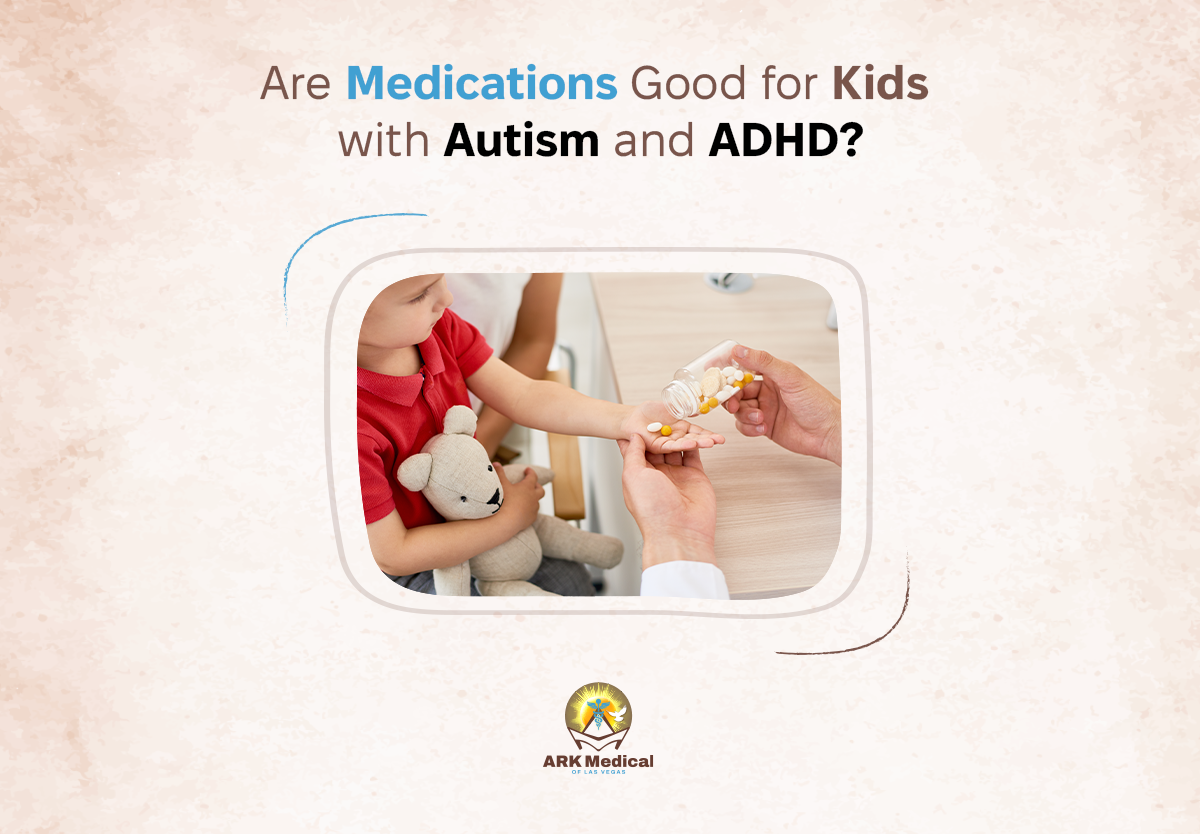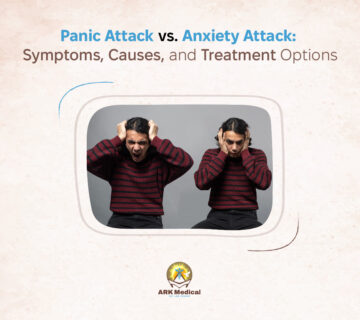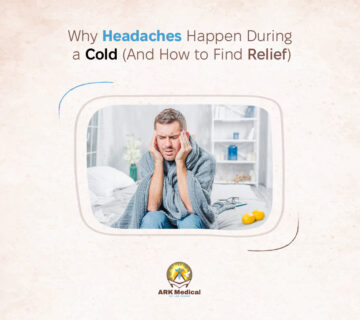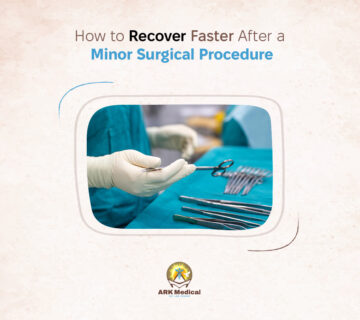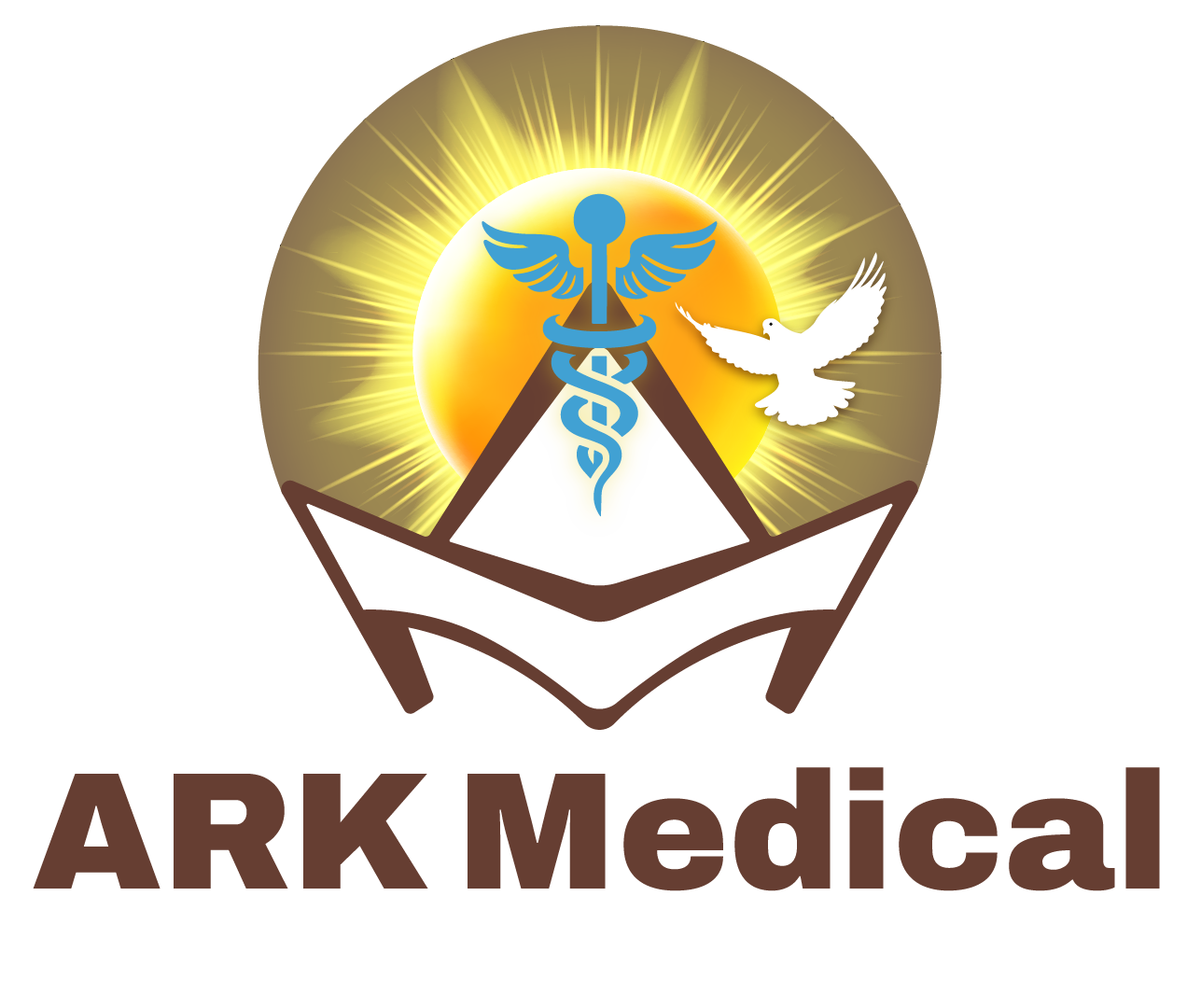It can be challenging to help children who have Autism Spectrum Disorder (ASD) and Attention-Deficit/Hyperactivity Disorder (ADHD). Parents and caregivers want to provide their kids with the best care and support. A common question arises: “Are medications beneficial for my child?” Here, we will talk about what medicines can do, how they work, and when they might help. ARK Medical of Las Vegas and Cecilio Gonzales provide caring support to families.
What Are Autism and ADHD?
- Autism Spectrum Disorder (ASD) is a developmental condition. It impacts how a person communicates, interacts, and processes information. Children with ASD may struggle with social communication. They often find it hard to understand nonverbal cues. Changes in routine can also be a challenge for them. They may also have intense interests or sensory sensitivities.
- ADHD, or Attention-Deficit/Hyperactivity Disorder, is a brain disorder. It shows up as trouble focusing, being overly active, or acting on impulse. Children with ADHD frequently struggle to maintain their concentration. They may have trouble staying organized, managing their energy, and thinking before acting.
Some children experience both autism and ADHD. This mix can make learning tough, cut conversations short, and interrupt playtime.
Why Think About Medicines?
Medicines are not a fix for everything. They do not “cure” ASD or ADHD. But they can help children feel calmer or pay better attention. This can help them learn and join in fun activities.
- Help with focus. Some medicines help kids pay attention in class or at home.
- Stay calm. Other medicines can help children feel less restless or angry.
- Reduce behaviors. Medications can help reduce the length and intensity of a child’s big meltdowns or acting out.
How Do Medicines Work?
Medicines for ADHD and autism act like brain chemical conductors. They help messages zip smoothly from one brain cell to the next. When these signals converge, children sense empowerment and a feeling of control.
- Stimulants. These medicines help children focus. Examples include methylphenidate. They can help kids sit and listen.
- Non stimulants. These work more slowly. They can help with focus and restlessness, but take weeks to show full effect.
- Other helpers. Sometimes doctors use medicines that calm the mood or help with sleep.
Each child is different. What helps one child may harm another.
When Do We Try Medicines?
Doctors do not start medicines right away. Initially, they explore alternative methods for assistance:
- Therapy. Play therapy, speech therapy, and behavior therapy teach new skills.
- Home strategies. Families learn ways to make routines and keep a safe, calm space.
- School support. Teachers can make a plan so the child can learn best.
If these steps are not enough, the doctor may suggest medicine. The decision always comes from talking with the child’s parents or caregivers.
The Role of ARK Medical of Las Vegas
At ARK Medical of Las Vegas, we regard every child as a distinct individual. We offer services beyond simply writing prescriptions. Here is how we help:
- Full check-up. We look at health history, behaviors, and daily life.
- Team talk. Caregivers, teachers, and doctors share ideas and hopes.
- Slow start. We begin with a small dose. We watch how the child feels.
- Follow ups. We meet often to see if the medicine helps or has side effects.
- Adjustments. If needed, we change the dose or try a new medicine.
Meet Cecilio Gonzales, FNP-C, PMHNP-BC
Cecilio Gonzales brings a caring heart and strong skills to ARK Medical. He:
- Studied as a family nurse practitioner in Los Angeles.
- Earned a medical degree and USMLE/ECFMG certification.
- Served as a nurse practitioner in multiple locations across New York and California.
- Helps people of all ages, from babies to seniors, in homes, clinics, and hospitals.
- Offers telehealth for families who need care from home.
- Is licensed in four states, so he knows many rules and needs.
His wide experience helps children and families feel heard and safe.
What to Expect When Starting Medicine
- Clear talk. Your doctor explains why they suggest a medicine and what it can do.
- Small steps. You start with a low dose.
- Watch and note. Track behaviors, sleep, and mood using a basic chart.
- Good support. Talk to the doctor if you see changes or have worries.
- Team effort. Therapists, teachers, and family stay in touch.
Possible Side Effects
All medicines can cause side effects. Most are mild:
- Trouble sleeping
- Upset tummy
- Less appetite
- Headaches
If side effects worry you, call your doctor. Often, we adjust the dose or switch to another medicine.
When Medicines Are Not Right
Some children may not need medicine. Or they may try it but stop after a while. Medicine is just one tool. Other supports can work great, too:
- Behavior plans at school and home.
- Social skills groups where kids learn to make friends.
- Speech and language therapy for talking and understanding.
Your child’s care plan should fit them like a glove.
Tips for Families
- Ask questions. Write down what you want to know before each visit.
- Keep notes. A simple list of sleep, mood, play, and learning days helps the doctor.
- Stay patient. Finding the right medicine or dose can take time.
- Include fun. Make sure your child still does art, music, or sports.
- Take care of yourself. Caregivers need rest, help, and friends, too.
A Team That Cares
At ARK Medical of Las Vegas, we see you as our partners. We express our understanding and offer our support. We hope your child experiences safety, joy, and confidence. Medications can help some kids with ASD and ADHD. Still, they are simply a piece of a more extensive plan.
With Cecilio Gonzales leading our team, we blend medical skill with gentle care. You are never alone. Together, we look at all ways to help your child thrive in mind, body, and heart.
Remember
- Medicines can help with focus and feelings.
- They are not a cure but can be part of care.
- Talk, note, and team up for the best results.
- ARK Medical of Las Vegas is here to guide and support you.
If you wonder whether medicines are right for your child, reach out. We are ready to listen, explain, and walk with you every step of the way.
FAQs
Q. What if my child feels bad after taking medicine?
Tell the doctor. Sometimes tummies hurt, or kids sleep less. The doctor can change the amount or try a different kind.
Q. Can my child stop medicine anytime?
No. Always talk with the doctor first. The doctor will help you know when to start or stop safely.

